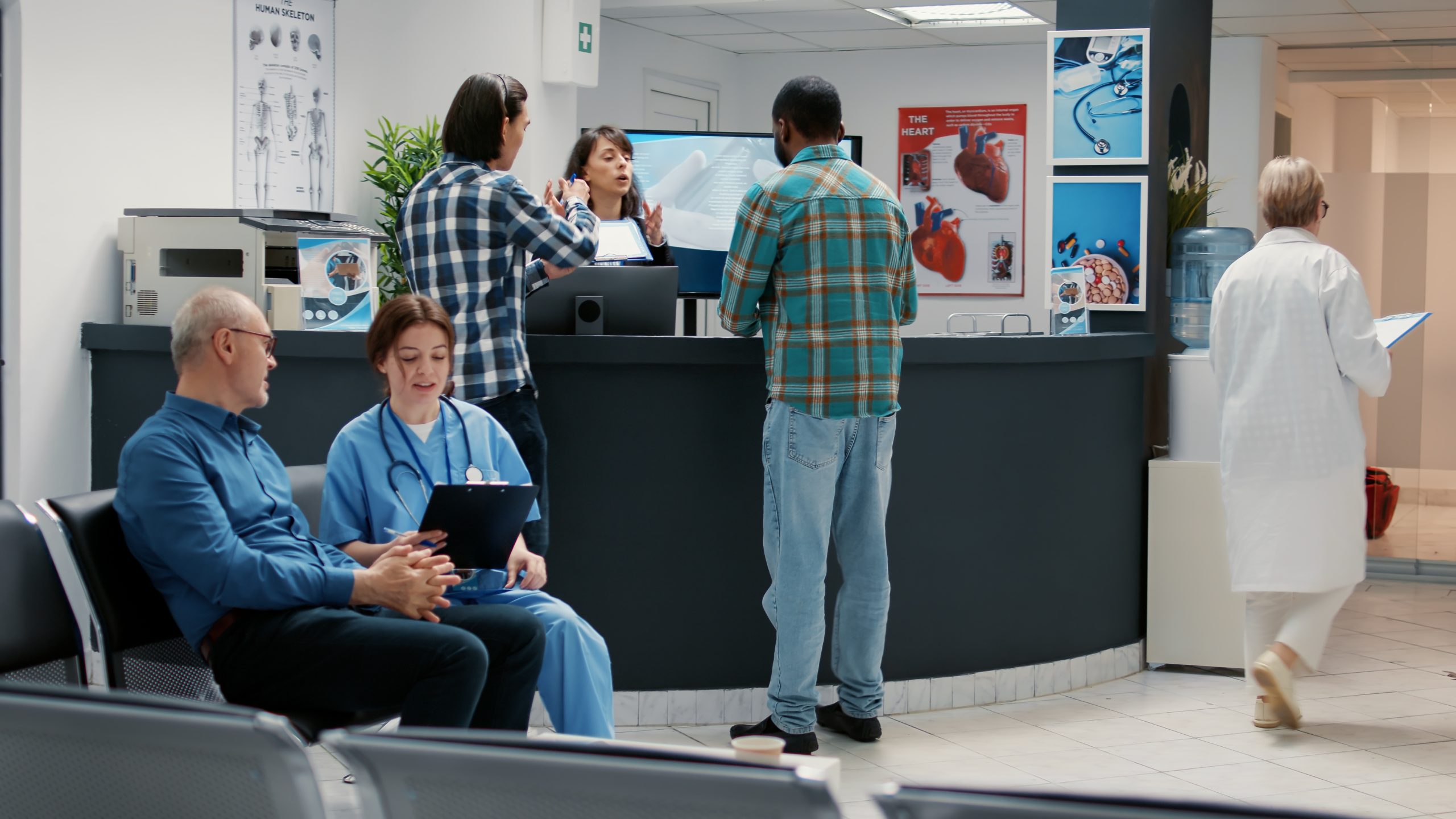How Digital Platforms Can Help End the Scourge of Birth Trauma

The recent survey by the Birth Trauma Trust makes for grim reading. It found that two in five women are not told about or asked permission for interventions such as surgical incisions during childbirth – even though this is a legal requirement.
Furthermore, half of the women surveyed who had undergone surgical procedures such as an emergency caesarean said they didn’t have the capacity to give their consent because midwives and doctors had left it too late to inform them of the risks.
It is no secret that the NHS is under a tremendous amount of pressure right now, but these horrifying findings speak to systemic failings and wider issues which must urgently be addressed.
What’s causing the problems?
Maternity care in the NHS is generally good and very hands-on but women tend to see lots of different healthcare professionals at different points in their maternity journey. If, instead, women are able to build a relationship with one midwife throughout their pregnancy, they will have a far greater opportunity to ask questions and develop an understanding of the process.
They will be able to have vital conversations about the risks and benefits of various procedures during the antenatal period and be dealt with holistically, with their whole medical history taken into account. Crucially, women are also more able to discuss their birth preferences with a midwife who they know and trust.
The NHS is, sadly, rarely able to provide this continuity of care which means women can too frequently feel alone, vulnerable, and disempowered. Rather than wringing our hands, we should be looking at how we can swiftly improve matters.
Clearly NHS maternity provision needs to be improved, but this is a huge undertaking which will take time. There are, however, a number of things we can do now to make sure women’s maternal health is sufficiently prioritised to end the scourge of birth trauma.
Can technology help?
Technology, while not a magic bullet, does have a role to play here. It came as no surprise to me that Wes Streeting, the new Health and Social Care Secretary, has prioritised medical technology as one of his three steps to drive positive change for the NHS.
The promise of health and medical technology is exciting, but likely to take some time to make a quantitative difference to patient outcomes. Conversely, virtual platforms, already embedded in many of our lives, could be used for the benefit of pregnant women to avoid many of the traumatic issues we see playing out time and again.
The role of virtual platforms
If we are able to connect women to expert professionals virtually, we can increase comfort and confidence during and after pregnancy. Research has shown that virtual doula care, for example, can significantly improve birth experiences and reduce the odds of C-section at rates comparable to in-person doula care.
Doulas are not, of course, medical professionals and do not provide medical treatment. Where doulas can be invaluable is in providing information and advocacy – a huge help when it comes to making informed decisions about care, and understanding all options throughout pregnancy and birth. Research has shown that attending two or more doula appointments reduces the odds of C-section by nearly 20%.
For those who have had a prior C-section, the odds were reduced by more than 60%. During virtual appointments, doulas may help create a birth plan, discuss birth positions and breathing techniques, and educate patients so they can advocate for themselves during the birthing process.
Promoting health equity
Interestingly, the same research showed that doula-supported births can also be a powerful, yet underused, strategy in creating more positive, equitable birth outcomes. Meeting with doulas on a digital health platform may be an effective way to reduce C-section births and improve the birth experience, especially among historically marginalised communities.
If we want to reduce health inequities experienced between different racial groups (and this must be an aspiration, embedded in everything we do moving forwards), virtual doula care may be particularly effective.
Virtual doula care has been shown to reduce the odds of C-sections for Maven members, with especially impactful results among Black Maven users specifically. Black members who met with a doula at least twice on the Maven platform had nearly 60% decreased odds of caesarean birth, compared to Black members who did not meet with a doula.
It is vital we look holistically at changing the game when it comes to maternal health outcomes. This is not a small undertaking and any changes made will need to consider a range of different factors. Digital health platforms could play a critical role in increasing access to quality care where there are gaps in provision.
They are not the only answer, but they are part of a much-needed holistic solution to an emerging maternity crisis in the UK.
Byline: Leila Thabet, General Manager, Maven Clinic

